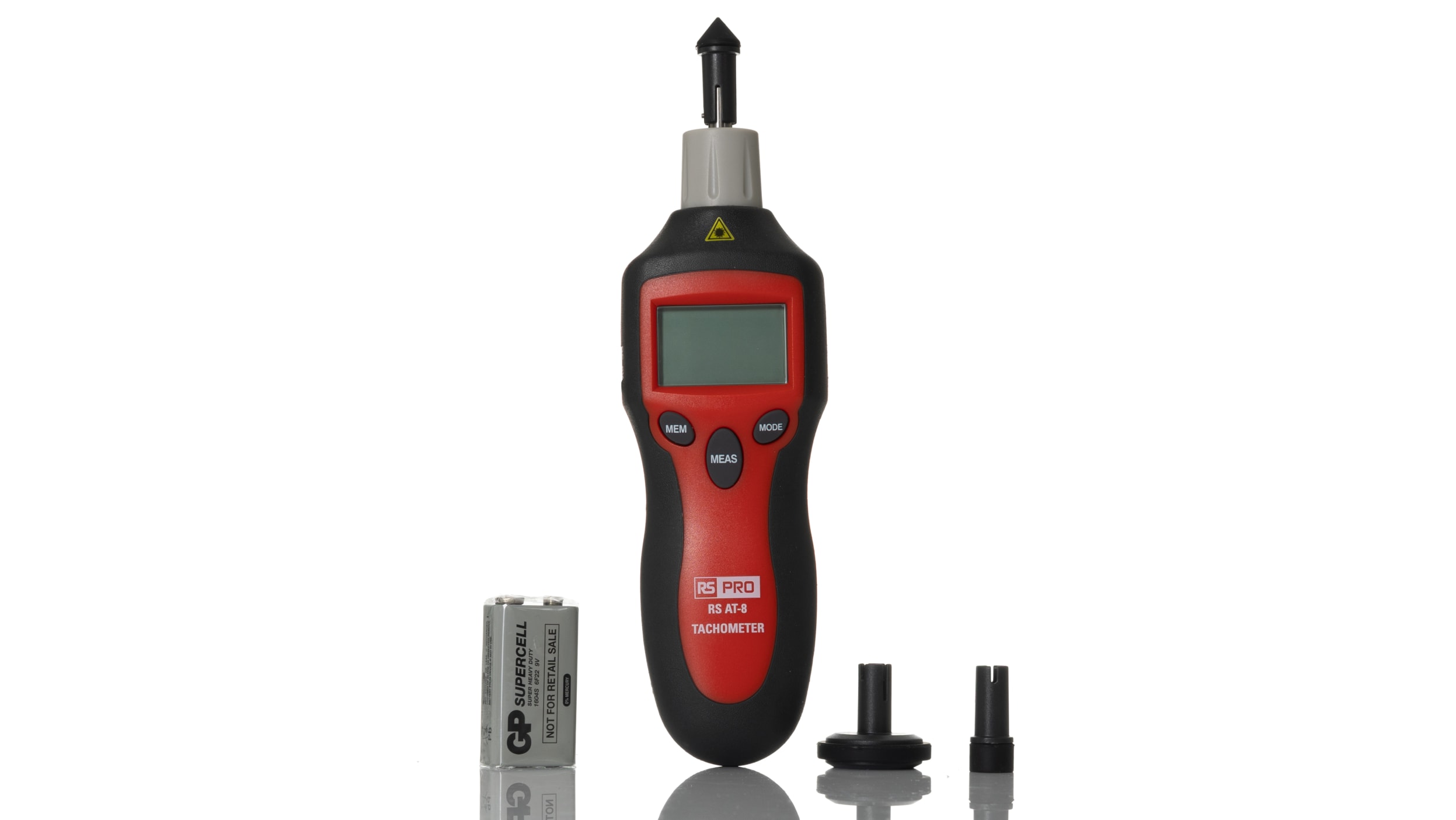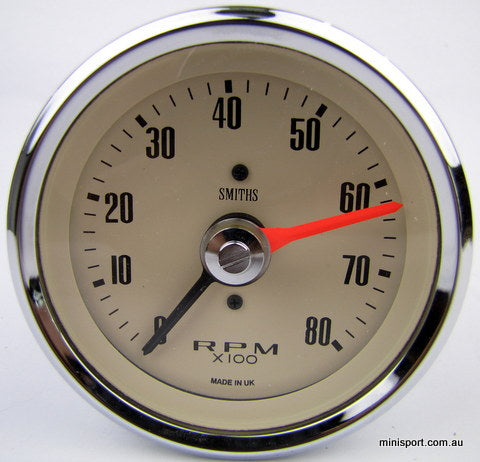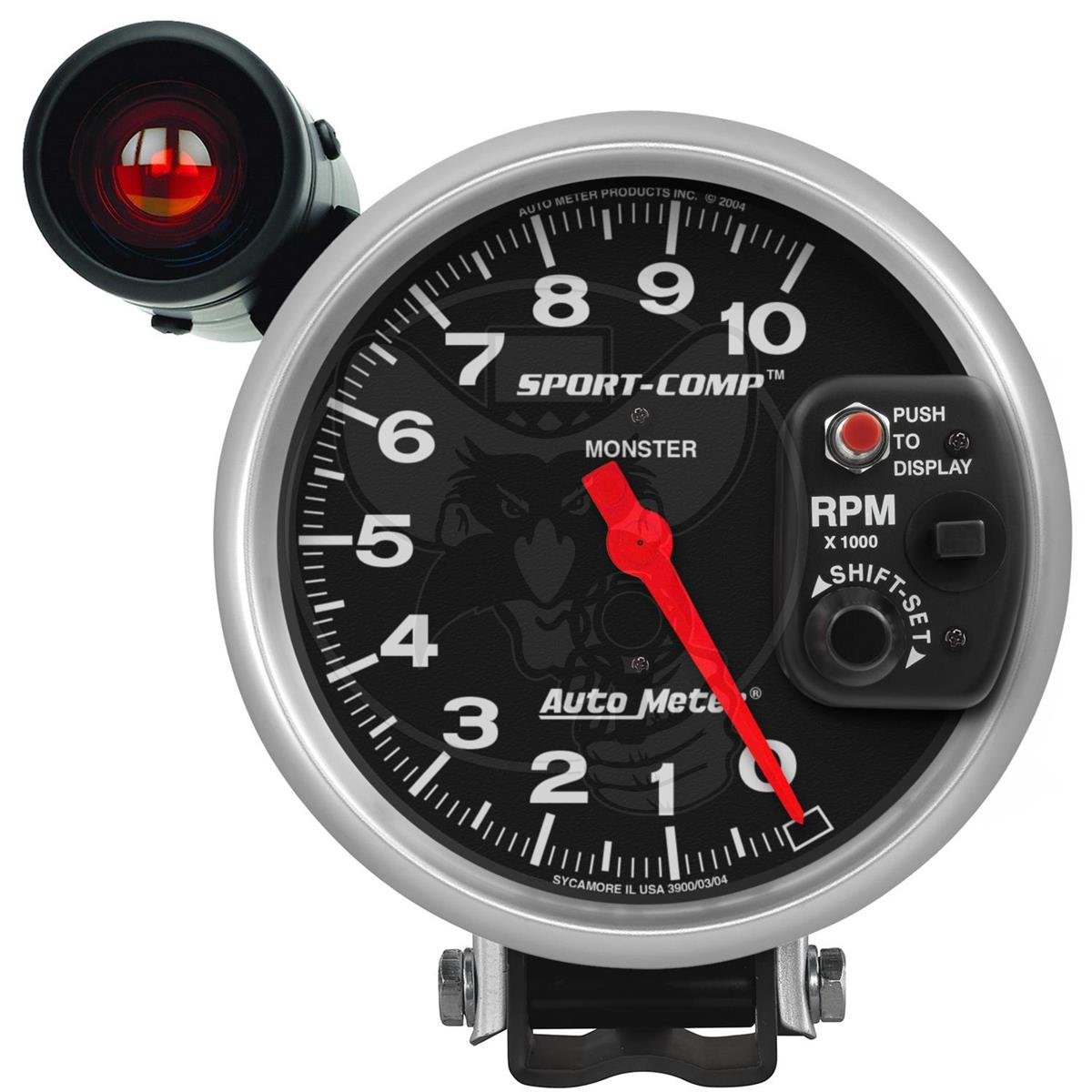The Importance of a Tachometer in Monitoring Engine Speed and Efficiency in Automotive Applications
In the world of automotive design, the tachometer stands as a pivotal tool in the motorist's toolbox, offering a direct home window right into the internal operations of a vehicle's engine. Beyond its function as a mere gauge of revolutions per minute (RPM), the tachometer serves as an important device for lovers and experts alike, using real-time understandings right into engine efficiency and health and wellness.
Value of Keeping An Eye On Engine RPM
Checking engine RPM, or changes per min, is an important element of vehicle upkeep and performance assessment. Engine RPM directly associates with the rate at which the engine's crankshaft turns, suggesting exactly how rapidly the engine is running - tachometer. By monitoring RPM, mechanics can analyze the wellness of the engine, find prospective issues, and fine-tune efficiency. An uncommon RPM analysis may signal troubles such as engine misfires, malfunctioning ignition system, or issues with the gas shipment system. Continually high RPM analyses could show hostile driving practices or the need for a greater gear change to enhance fuel performance.
In addition, keeping an eye on engine RPM is important for efficiency evaluation in auto racing and high-performance vehicles. Keeping optimal RPM degrees is crucial for attaining peak power output and velocity. Racers often utilize tachometers to guarantee they are operating within the excellent RPM range for optimum efficiency. In summary, keeping an eye on engine RPM is not only important for detecting problems yet also for enhancing engine efficiency in various automobile applications.

Advantages of Real-Time Data
In automobile applications, real-time data plays a vital duty in giving instant insights into the performance and problem of the vehicle. By continuously monitoring various parameters such as engine speed, temperature, fuel intake, and much more, real-time data provides various benefits that add to enhanced performance and safety and security when traveling.
Furthermore, real-time information assists in performance optimization by supplying immediate responses on driving practices and engine efficiency. Motorists can adjust their habits in real-time based on this information to accomplish better gas economy and extend the lifespan of their automobile.

In addition, real-time data plays an essential role in contemporary automotive diagnostics, allowing technicians to rapidly detect and deal with breakdowns. This leads to decreased downtime, reduced upkeep costs, and eventually, boosted overall automobile integrity and longevity (tachometer). By taking advantage of the power of real-time information, automotive stakeholders can make educated choices that favorably affect both the performance and longevity of the automobile
Influence On Gear Shifts
Efficient gear shifts in automobile applications substantially affect total efficiency and driving experience. The tachometer plays an important duty in optimizing gear shifts by offering real-time engine rate data to the chauffeur. When coming close to the redline on the tachometer, it signifies the vehicle driver to upshift to avoid over-revving the engine and triggering prospective damage. On the other hand, downshifting at the best moment can assist preserve the engine in its power band, making sure receptive acceleration when needed.
Furthermore, the tachometer aids in achieving smoother equipment changes, especially in hands-on transmissions. By keeping track of engine speed, drivers can implement gear changes at the ideal RPM variety, decreasing jerking activities and lessening wear on the transmission parts. This accuracy on duty changes not just official site improves driving comfort yet likewise contributes to sustain effectiveness.
Enhancing Fuel Performance
Provided the vital role the tachometer plays in maximizing gear changes for efficiency and engine health, it straight contributes to optimizing fuel performance in read here automobile applications. By providing real-time responses on engine speed, the tachometer aids chauffeurs in keeping the most reliable RPM variety for gas economic climate. When drivers constantly keep track of the tachometer and readjust their driving routines accordingly, they can prevent unnecessary fuel intake brought on by over-revving or hauling the engine.
Furthermore, the tachometer helps chauffeurs determine the most fuel-efficient equipment to be in at any type of provided moment, stopping the engine from functioning more challenging than essential. In verdict, the tachometer offers as a beneficial device in boosting gas performance by advertising ideal driving routines and determining areas for improvement in the car's performance.

Optimizing Engine Durability
The tachometer's function in keeping an eye on engine speed and performance contributes in making certain the long life of vehicle engines. By using the tachometer effectively, drivers can maximize engine durability through conscious RPM administration. Regularly revving an engine expensive can bring about extreme wear and tear on go to my site critical parts, such as the pistons, valves, and bearings. Over time, this can cause reduced engine efficiency and prospective malfunctions. Checking the tachometer enables drivers to remain within the recommended RPM array for their car, protecting against unneeded strain on the engine and prolonging its lifespan.

Verdict
In final thought, the tachometer plays an essential duty in keeping an eye on engine rate and performance in automotive applications. By supplying real-time data on RPM, it permits efficient equipment changes, improved gas effectiveness, and maximized engine durability. This device is vital for keeping ideal engine efficiency and guaranteeing the total performance of a vehicle.
 Shaun Weiss Then & Now!
Shaun Weiss Then & Now! Earvin Johnson III Then & Now!
Earvin Johnson III Then & Now! Tyra Banks Then & Now!
Tyra Banks Then & Now! Jane Carrey Then & Now!
Jane Carrey Then & Now! Dawn Wells Then & Now!
Dawn Wells Then & Now!